Not surprising I suppose, and also good…to have a kind of counter article soon in the same magazine.
A recent proposal about consciousness is fascinating—but it’s not science.
- By Joshua Tan on December 11, 2018

Not surprising I suppose, and also good…to have a kind of counter article soon in the same magazine.
A recent proposal about consciousness is fascinating—but it’s not science.

Mild cognitive impairment (MCI) is an intermediate stage between the expected cognitive decline of normal aging and the more-serious decline of dementia. It can involve problems with memory, language, thinking, and judgment that are greater than normal age-related changes.
If you have mild cognitive impairment, you may be aware that your memory or mental function has “slipped.” Your family and close friends also may notice a change. But generally these changes aren’t severe enough to significantly interfere with your day-to-day life and usual activities.
Mild cognitive impairment may increase your risk of later progressing to dementia, caused by Alzheimer’s disease or other neurological conditions. But some people with mild cognitive impairment never get worse, and a few eventually get better.

The past few years have brought lots of good news for anyone who considers coffee a vice. Scientists have discovered that various compounds in coffee can help fight a number of diseases including Alzheimer’s, and now a new study is putting even more weight behind the notion that coffee is very good for you.
The work, which was published in Proceedings of the National Academy of Sciences, suggests that not only does coffee battle Parkinson’s but also another incurable brain disease called Lewy body dementia. Conducted by scientists at Rutgers, the study points to the combined effects of caffeine and a fatty acid present in coffee called EHT as potentially playing key roles in disease fighting.
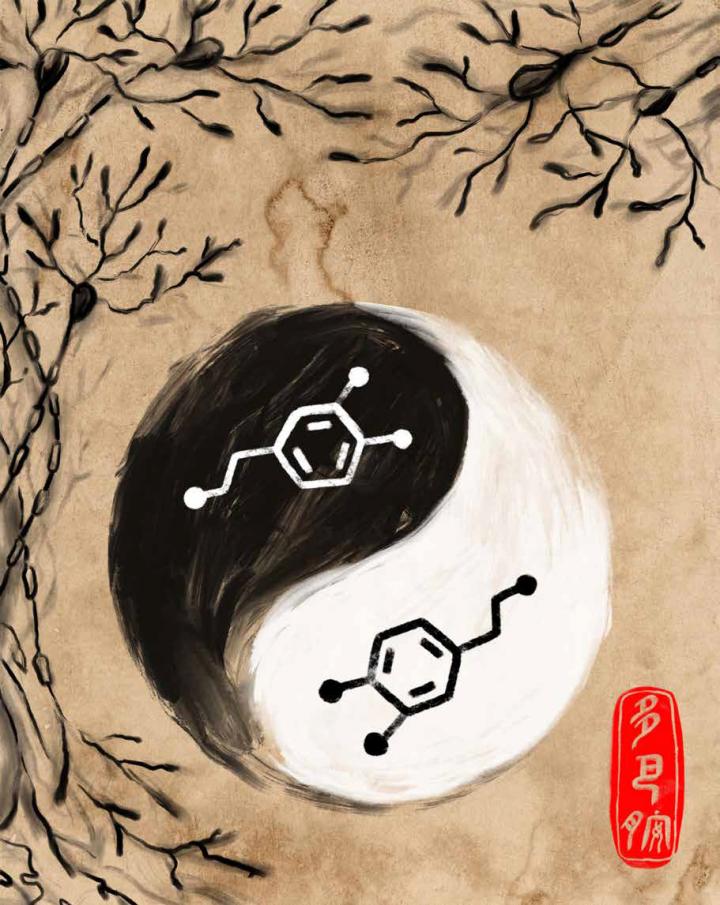
Having separate neuronal correlates for appetitive and aversive behavior in our brain may explain why we are striving for ever-greater rewards while simultaneously minimizing threats and dangers. Such balanced behavior of approach-and-avoidance learning is surely helpful for surviving competition in a constantly changing environment.
Dopamine has a reputation as the key player in the brain’s reward circuits, making us seek out pleasurable experiences, but growing evidence points to a multipronged role for the neurotransmitter. In particular, dopamine may also reinforce avoidance of painful experiences. UC Berkeley researchers have now mapped dopamine neurons in the brain with fiber photometry and discovered two parallel dopamine circuits driving attractive and aversive reinforcement learning and motivation.
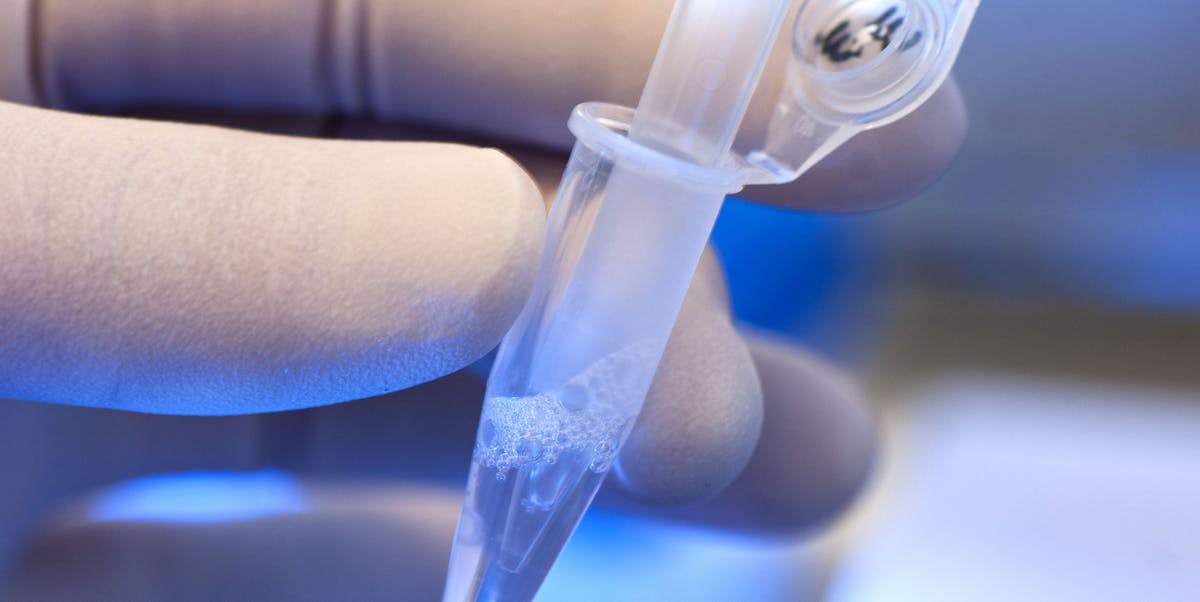
D esigner therapies are treatments tailored to a specific disease, and nowhere is the need greater for new therapies than in a group of nervous system disorders, known as “neurodegenerative diseases.”
Many of these diseases are common and well-known, such as Alzheimer’s or Parkinson’s disease. However, some are very rare, genetic disorders that are the consequence of a defective gene. In all these diseases, a mutant protein that misfolds causes the degeneration and death of neurons. One effective therapeutic strategy is to prevent the rogue protein from ever being made.
Spinocerebellar ataxia type 7 (SCA7) is one such disease in which nerves in different parts of the brain, including the eye, degenerate, which leads to blindness and difficulty walking, speaking, and balancing. SCA7 is dominantly inherited — which means that you just need one bad copy of the mutation to cause disease. The disease occurs when a short section of DNA that encodes ataxin-7 gene is erroneously repeated — like a word in a book printed two or three times. In this case, three chemical units of the DNA sequence — C-A-G — are repeated over and over.
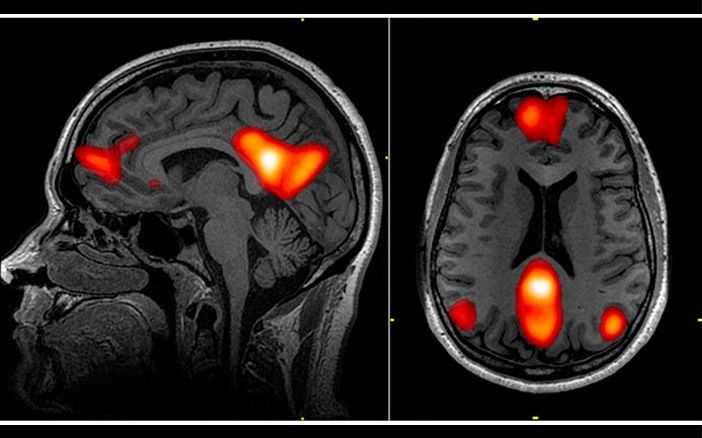
New research suggests that exposure to childhood adversity is associated with reduced cognitive control and alterations in key brain networks. The findings, which appear in the journal Social Cognitive and Affective Neuroscience, could help explain the link between childhood adversity and depression.
“My work focuses on how we can use objective biomarkers to aid in clinical decision making,” said study author Scott A. Langenecker of the University of Utah.
“One challenging clinical decision point is what to do when individuals have recovered from a depressive episode. Do we continue treatment? Do we exercise regular check-ins? Or do we just wait and see?”

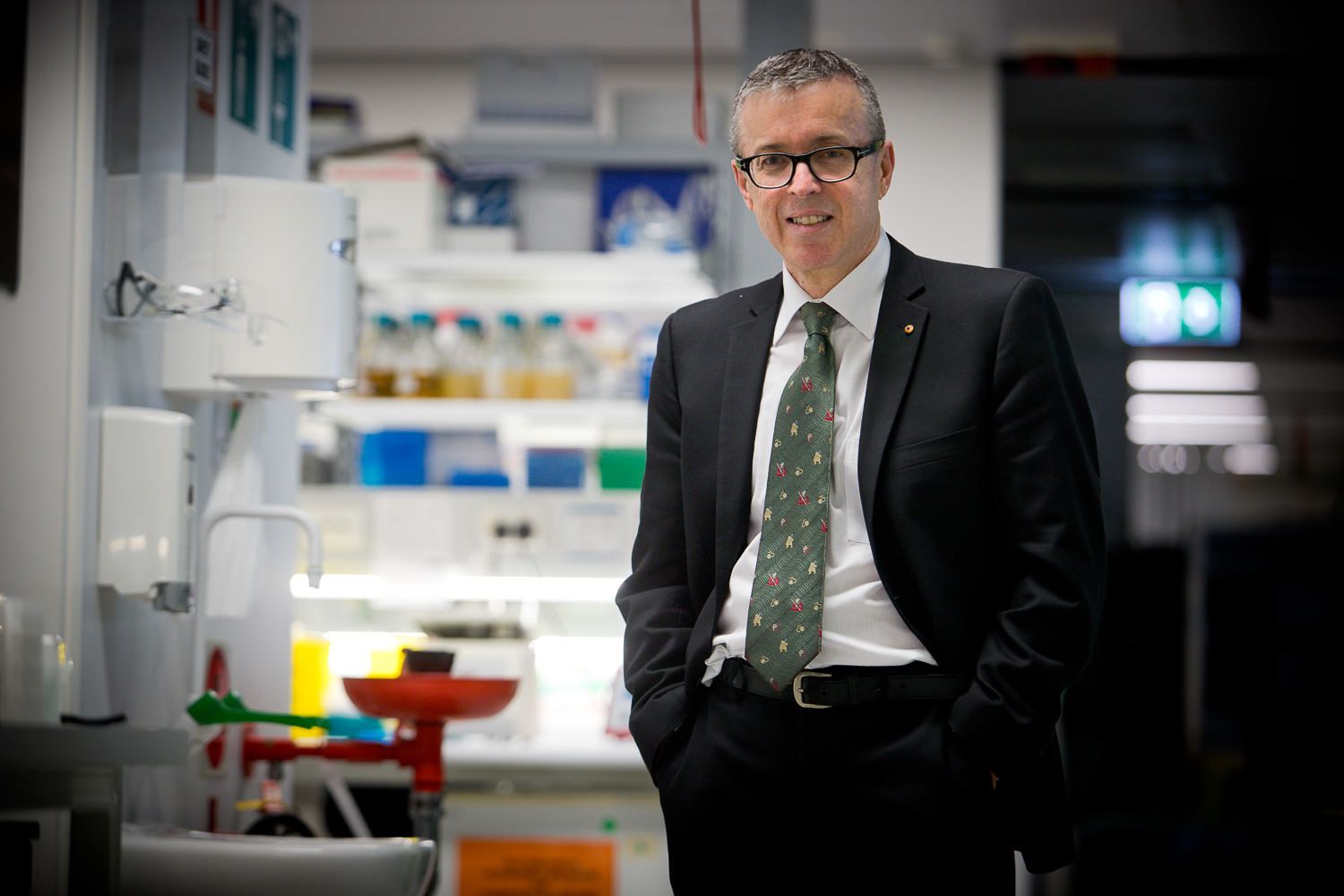
Newborns with vitamin D deficiency have an increased risk of schizophrenia later in life, a team of Australian and Danish researchers has reported.
The discovery could help prevent some cases of the disease by treating vitamin D deficiency during the earliest stages of life.
The study, led by Professor John McGrath from The University of Queensland (UQ) in Australia and Aarhus University in Denmark, found newborns with vitamin D deficiency had a 44 per cent increased risk of being diagnosed with schizophrenia as adults compared to those with normal vitamin D levels.
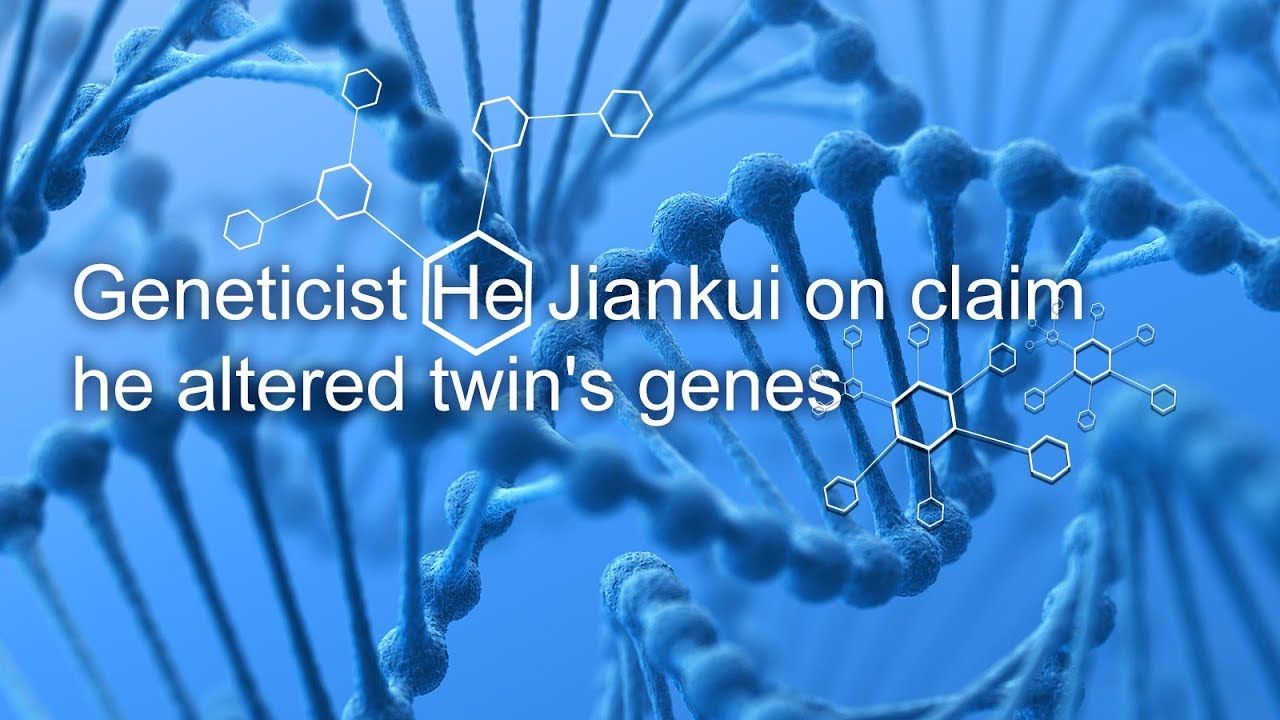
https://youtube.com/watch?v=cH57-YO9Eso
The question and answer interview of He Jianku conference presentation has the most interesting parts of this debate about human gene editing of embryos. The interview starts at about 1 hour and 28 minutes of the record. The formal presentation showed that the scientist He has taken appropriate scientific care to perform the work. He took care to make sure it was on target and was successful. He took care to make sure there were no unintended off-target side-effects.
* the parents (father HIV positive) made a choice to use the edited embryos versus unedited * the CRISPR vector used to make the change. Appears to be the kind that can be ordered for about $100. There have been adult people who have self-experimented with mail order gene editing kits * the conference interviewer asked about whether He Jianku was aware of a few other research papers. Some paper suggests that the gene CCR5 could cause increased susceptibility to flu and another suggests a tiny increase in cognitive effect.
Intelligence is controlled by many thousands of genes.
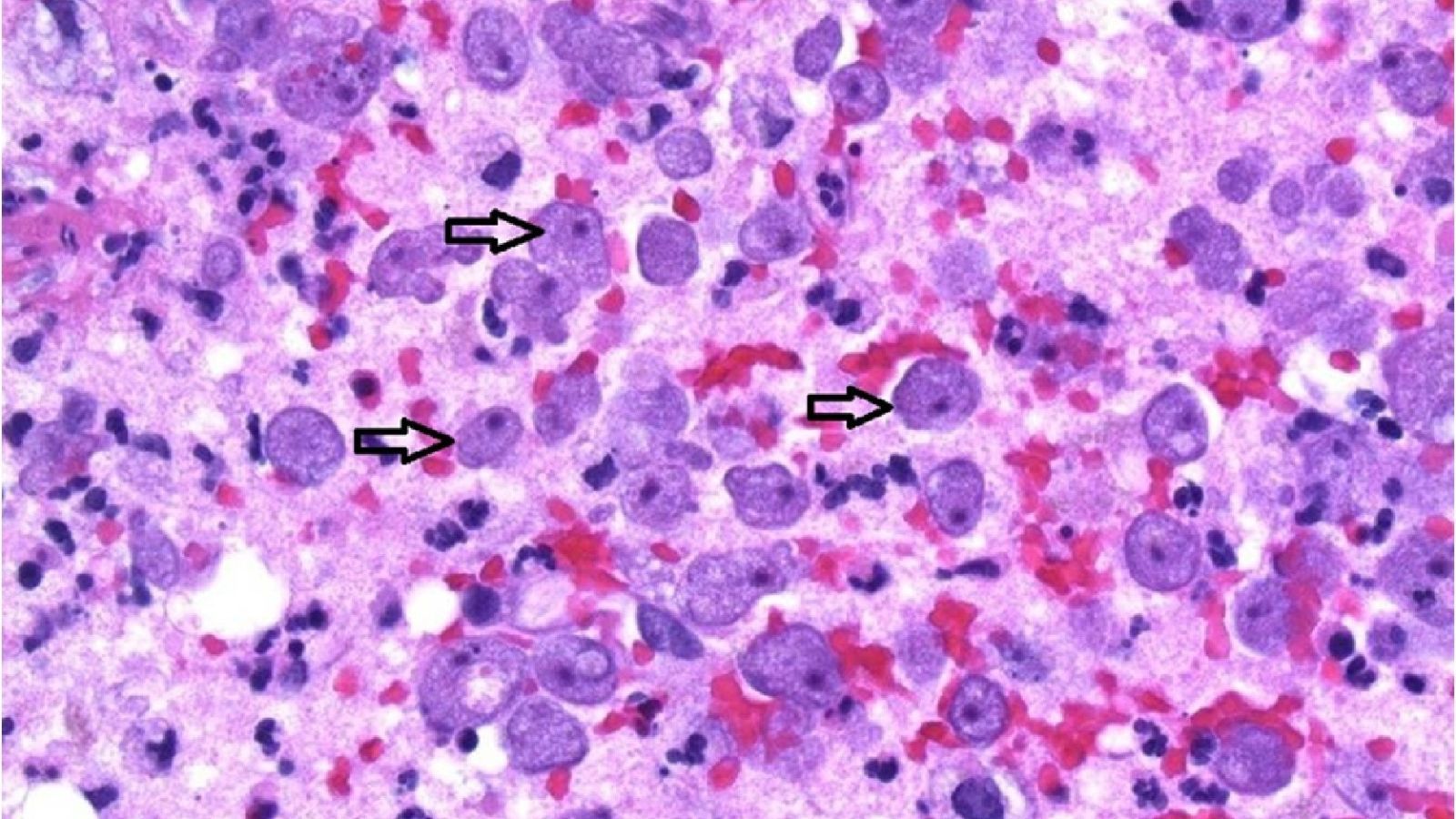
A 68-year-old Seattle woman who died after contracting a rare brain-eating amoeba used regular tap water to rinse her sinuses, according to new research.
As noted in a new International Journal of Infectious Diseases case study, the infection was initially misdiagnosed as a brain tumor. During surgery to remove the suspected tumor, the lead neurosurgeon, Charles Cobbs from Seattle’s Swedish Medical Center, was taken aback by the extent of the brain damage. So he extracted a sample for further testing.